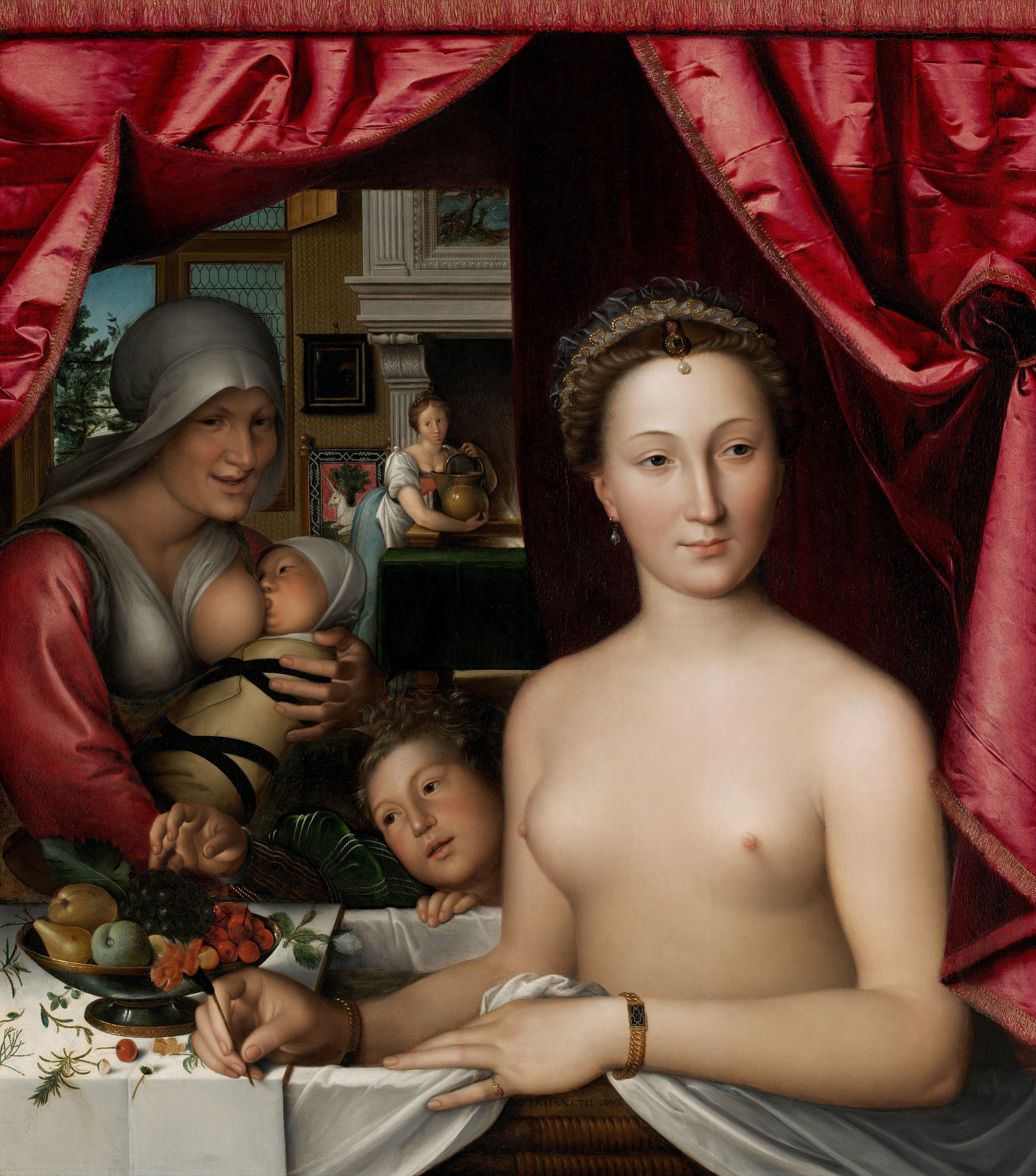|
Marguerite De France (1523-1574)
Margaret of Valois, Duchess of Berry (French: ''Marguerite de Valois'') (5 June 1523 – 15 September 1574) was List of Savoyard consorts, Duchess of Savoy by marriage to Duke Emmanuel Philibert, Duke of Savoy, Emmanuel Philibert of Savoy. She was the daughter of King Francis I of France and Claude of France, Claude, Duchess of Brittany. Biography Early life Margaret was born at the Château de Saint-Germain-en-Laye on 5 June 1523 the youngest daughter and child of King Francis I of France and Claude, Duchess of Brittany. Margaret was very close to her paternal aunt, Marguerite de Navarre, Marguerite of Angoulême, who took care of her and her sister Madeleine of Valois, Madeleine during her childhood, and her sister-in-law Catherine de' Medici. Near the end of 1538, her father and Charles V, Holy Roman Emperor, agreed that Margaret should marry Charles' son, the future Philip II of Spain. However, the agreement between Francis and Charles was short-lived and the marriage nev ... [...More Info...] [...Related Items...] OR: [Wikipedia] [Google] [Baidu] |
François Clouet
François Clouet (c. 1510 – 22 December 1572), son of Jean Clouet, was a French Renaissance miniaturist and painter, particularly known for his detailed portraits of the French ruling family. Historical references François Clouet was born in Tours, as the son of the court painter Jean Clouet. Jean Clouet was a native of the Southern Netherlands and probably from the Brussels area. François Clouet studied under his father. He inherited his father's nickname 'Janet' and is referred to as such in some early sources and the older literature. The earliest reference to François Clouet is a document dated December 1541 in which the king renounces for the benefit of François his father's estate, which had escheated to the crown as the estate of a foreigner. In this document, the younger Clouet is said to have followed his father very closely in his art. Like his father, he held the office of groom of the chamber and painter in ordinary to the king, and so far as salary ... [...More Info...] [...Related Items...] OR: [Wikipedia] [Google] [Baidu] |
